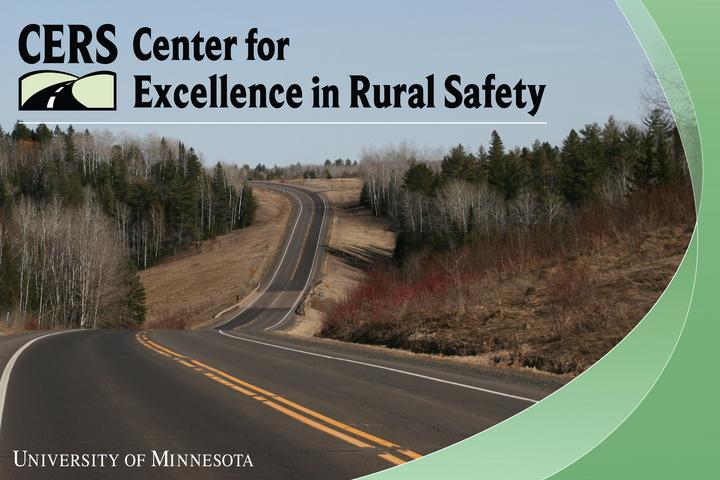What Americans Think About Rural Road Risks and Policy Tools
View a webinar on what Americans think about rural road risks and policy tools by Joe Loveland and Lee Munnich, June 28, 2010
National Rural Road Safety Public Opinon Survey Webinar (48:43 minutes)

The Center for Excellence in Rural Safety (CERS) recently conducted an extensive review of research related to various road safety public policies. The CERS study Application of a Rural Safety Policy Improvement Index (RSPII) Framework by Keith Knapp and Brad Utecht concludes that research finds six public policies as particularly effective in reducing rural road fatalities:
* Primary Seat Belt Laws
* Sobriety Checkpoints
* Motorcycle Helmet Mandate
* Graduated Driver's Licenses
* Automated Speed Enforcement
* Breathalyzer-Based Ignition Locks
Adoption of many of these policies has been limited in part by a perception that they lack strong public support. The findings of a new CERS national survey call that assumption into question.
The CERS survey found that Americans are overwhelmingly supportive of policies to reduce road fatalities, including many policies considered by public officials and citizens to be too contentious to implement. Among the survey results is the finding that 91 percent of Americans find it important that local lawmakers work to improve road safety.
New Survey: Americans Want LawmakersTo Take Action To Reduce Road Deaths---Summary
Survey: More support road rules -- USA Today, June 3, 2010
U of M study: People don't mind big brother -- FOX 9 News, June 5, 2010